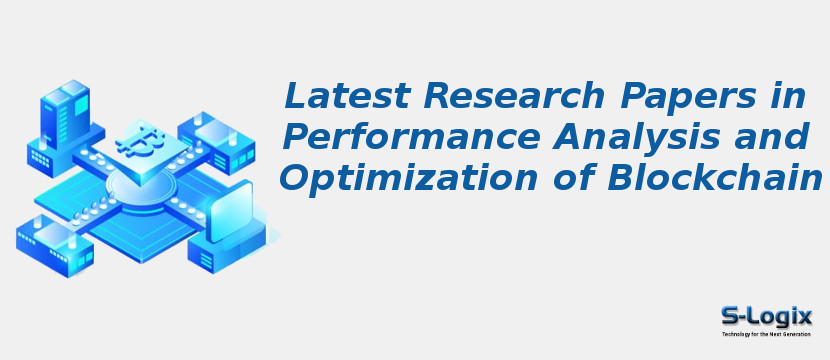Research in the performance analysis and optimization of blockchain technology has been pivotal in addressing scalability, efficiency, and reliability challenges inherent in decentralized systems. Recent studies have introduced various methodologies to enhance blockchain performance. For instance, optimizing endorsement policy verification and parallelizing endorsement processes in platforms like Hyperledger Fabric can significantly improve transaction throughput. Similarly, tuning block size in consortium blockchain networks and employing intelligent techniques to determine the ideal block size has been shown to enhance workload distribution and overall system efficiency. Additionally, applying mathematical modeling approaches, such as Markov processes and queuing theory, provides a structured way to assess and optimize blockchain systems. These advancements underscore the critical role of performance analysis and optimization in the evolution of blockchain technology, ensuring its viability for enterprise applications and large-scale deployments.
